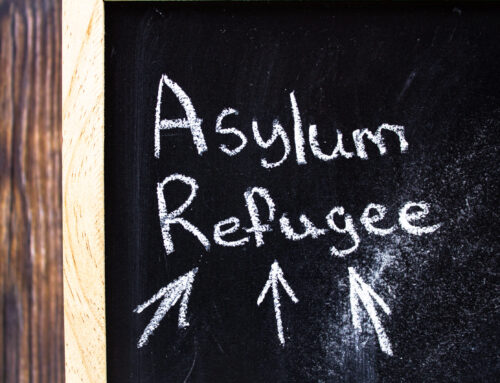
What is a Waiver?
Were you deported from U.S., or denied a green card, or denied a U.S. citizenship because of your past? Were you ever convicted of a crime? While some crimes are ineligible for waiver, others may allow a person to receive forgiveness from the inadmissibility status, giving them a chance to come and legally stay in the U.S. INA 212 lists in more details the qualifications and conditions of the waivers.
When Does One Need a Waiver?
Were you ever:
- Convicted of crimes involving moral turpitude;
- Convicted for 2 or more offenses for which the aggregate sentence was 5 years or more;
- Engaged in prostitution or procuring prostitutes;
- Involved in serious criminal activity where immunity from prosecution was asserted; or
- Convicted of single offense of simple possession of 30 grams or less of marijuana.
If you answered yes to any of those questions, you may be eligible for a 212h waiver.
Types of Waivers Under 212h
15-Year Waiver
If you can demonstrate that the activity for which you are inadmissible occurred more than 15 years age, that your admission to U.S. would not threaten national welfare, safety or security of the U.S. and that you have been rehabilitated, you may be eligible.
Extreme Hardship Waiver
If you are inadmissible due to a qualifying crime, you may still be able to obtain a legal status in the U.S. if you can show that if you were denied admission to U.S., your U.S. citizen or permanent lawful resident spouse, parent, or child would suffer extreme hardship. Some extreme hardship factors include, the relatives’ family ties to U.S., conditions in the home country, financial impact on the relative after your departure from U.S., or significant health conditions of the relative.
Battered Spouse Waiver
If your spouse is a U.S. citizen or permanent lawful resident and you or a child of that spouse were battered or subjected to extreme cruelty by that spouse, you may be eligible for VAWA petition. If such petition is filed but the applicant is inadmissible due to qualifying crime, applicant may be eligible for a 212h waiver.
Other Types of 212 Waiver
Waiver After Prior Removal
If you were deported from the U.S. and wish to apply to come back before the statutory timeframe, you must file for a waiver of the waiting period.
Waiver of Unlawful Presence
If you were in the U.S. having unlawful status for more than 180 days, but less than a year, you are subject to a three-year ban before you can reapply or reenter U.S. If you were in the U.S. having unlawful status for more than one year, you are subject to a ten-year ban before you can reapply or reenter U.S. You may qualify for a waiver of either one of those bans, if you can show that your U.S. citizen or legal permanent resident spouse or parent will suffer extreme hardship (as discussed above), if you do not reenter U.S. Extreme hardship situations are unique to each case and will be analyzed as such in each waiver petition.
General Waivers for Nonimmigrants
Nonimmigrants who fall under the categories of inadmissibility can apply for a waiver to enter the U.S.; however, each situation must be analyzed independently to determine the best waiver.
We Can Help
Want to find out more if your case may be eligible for a waiver? Call Sobon Law, LLC at (216) 586-4246, today.



